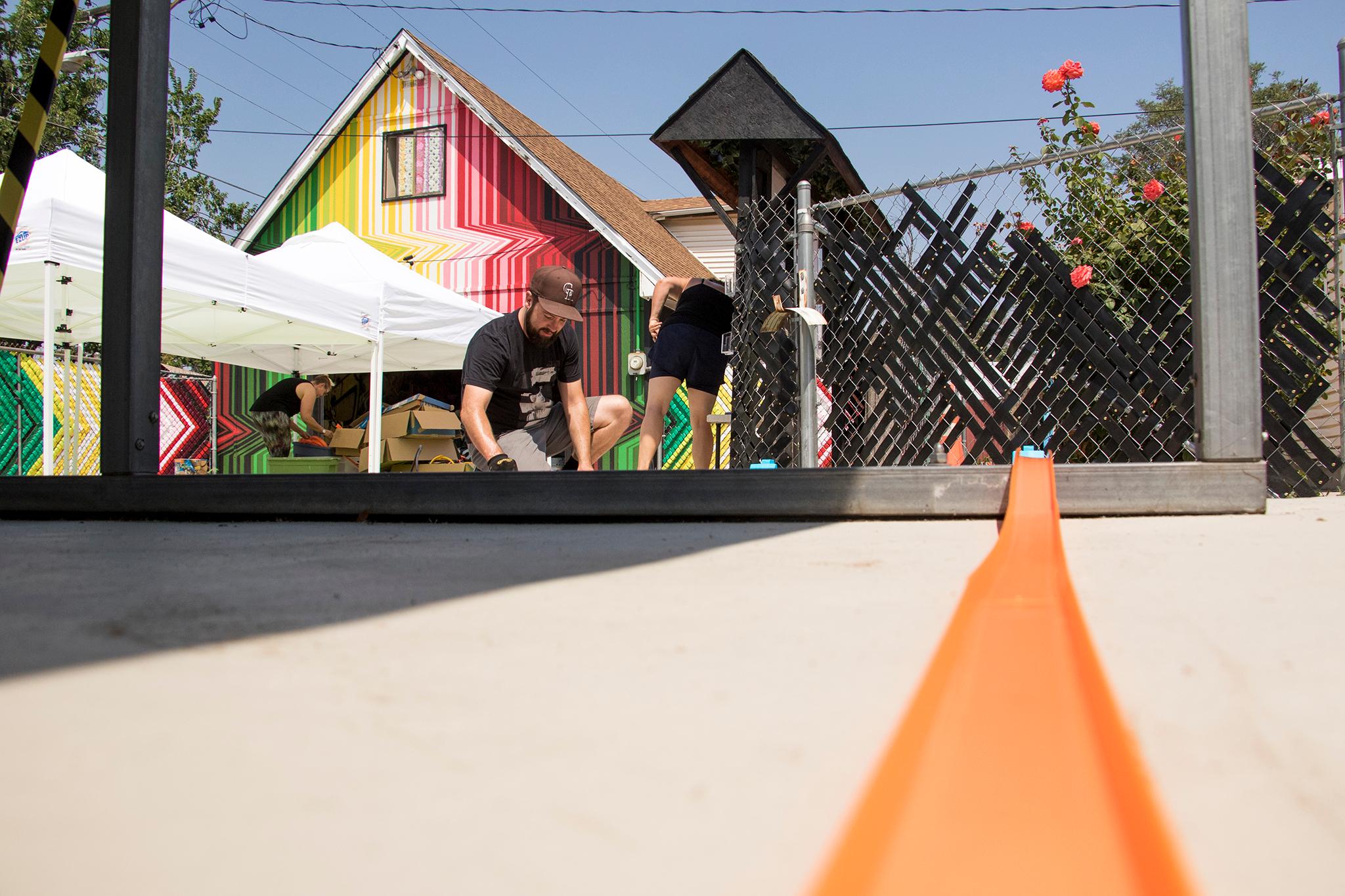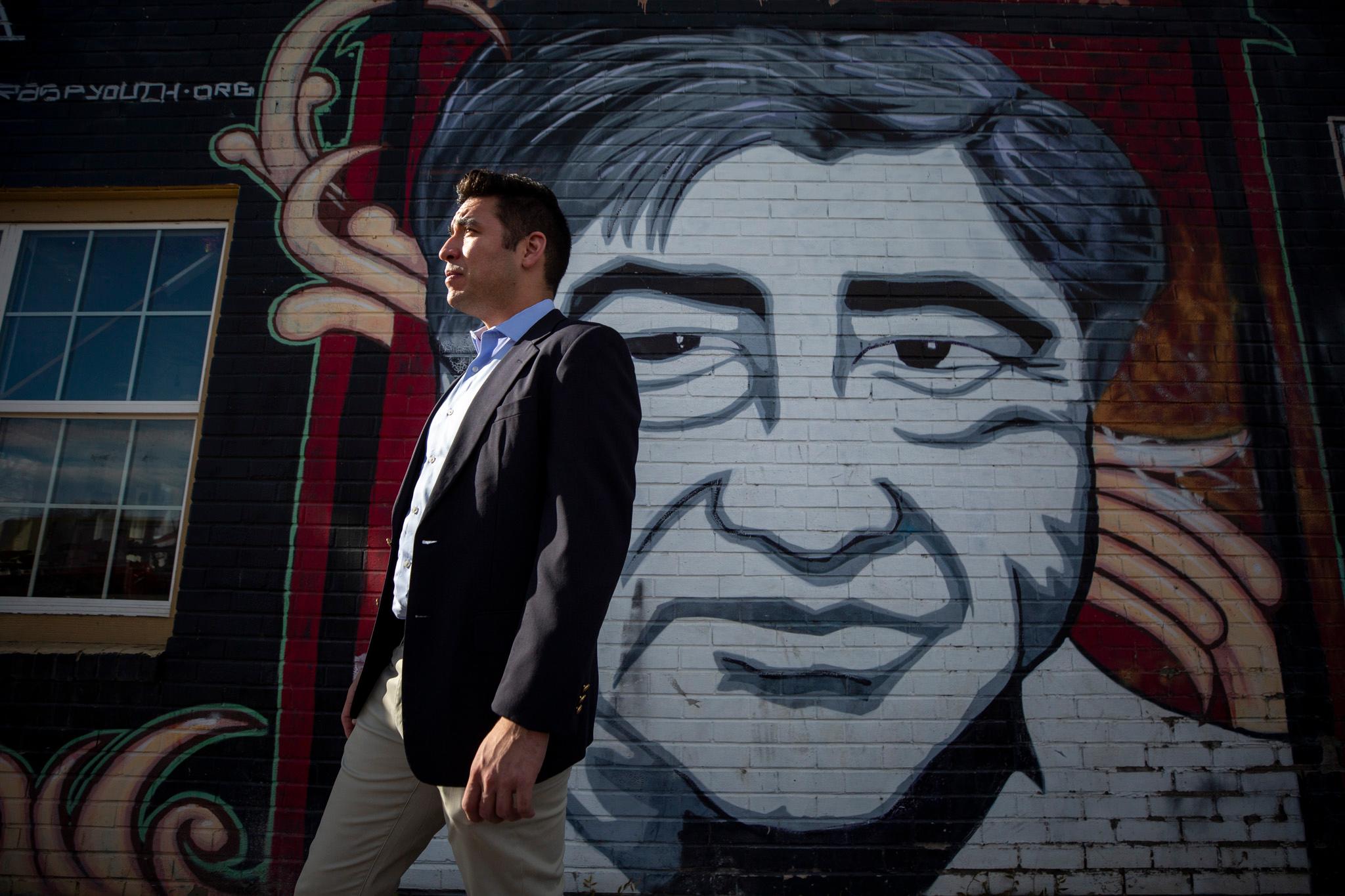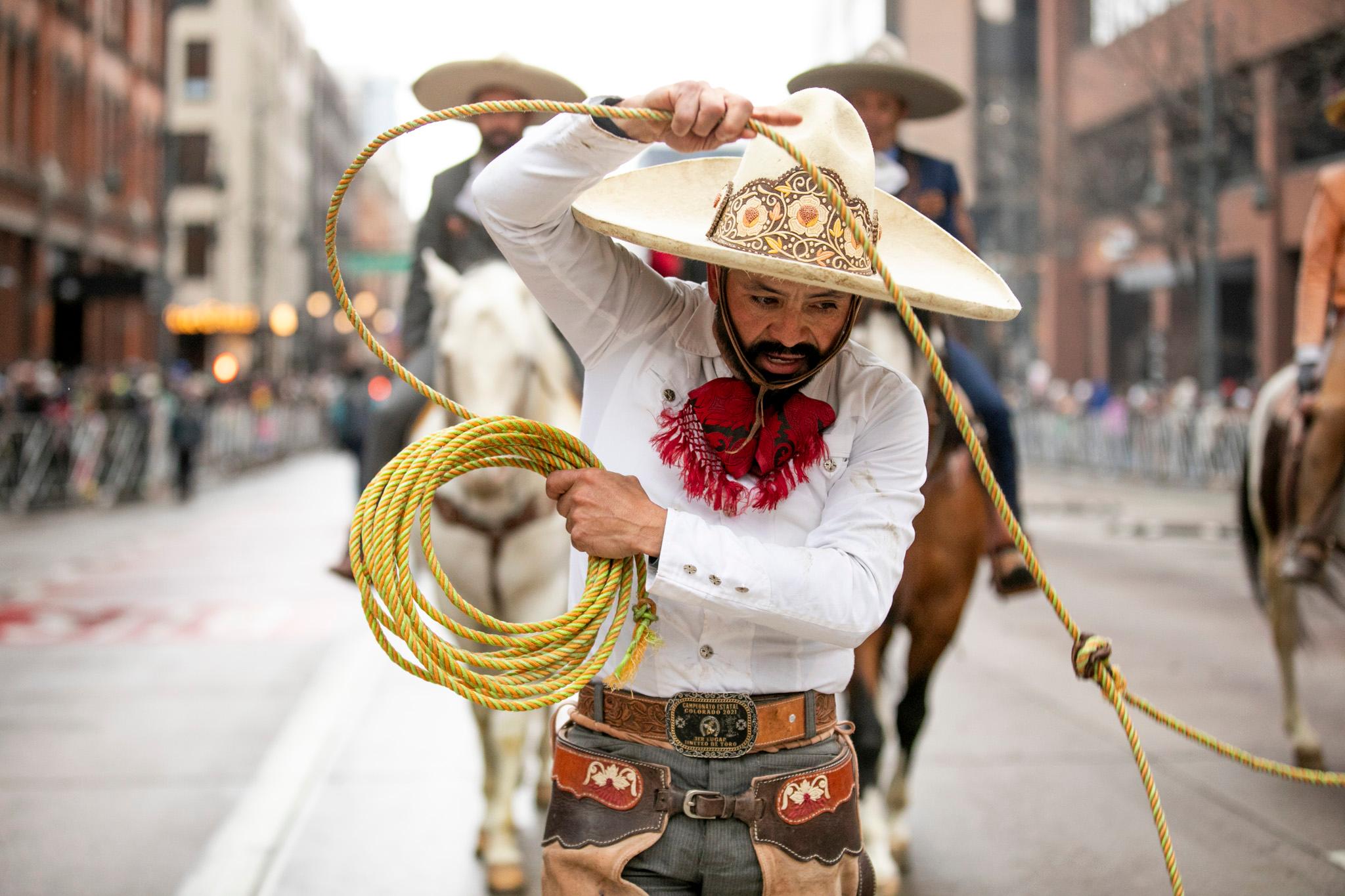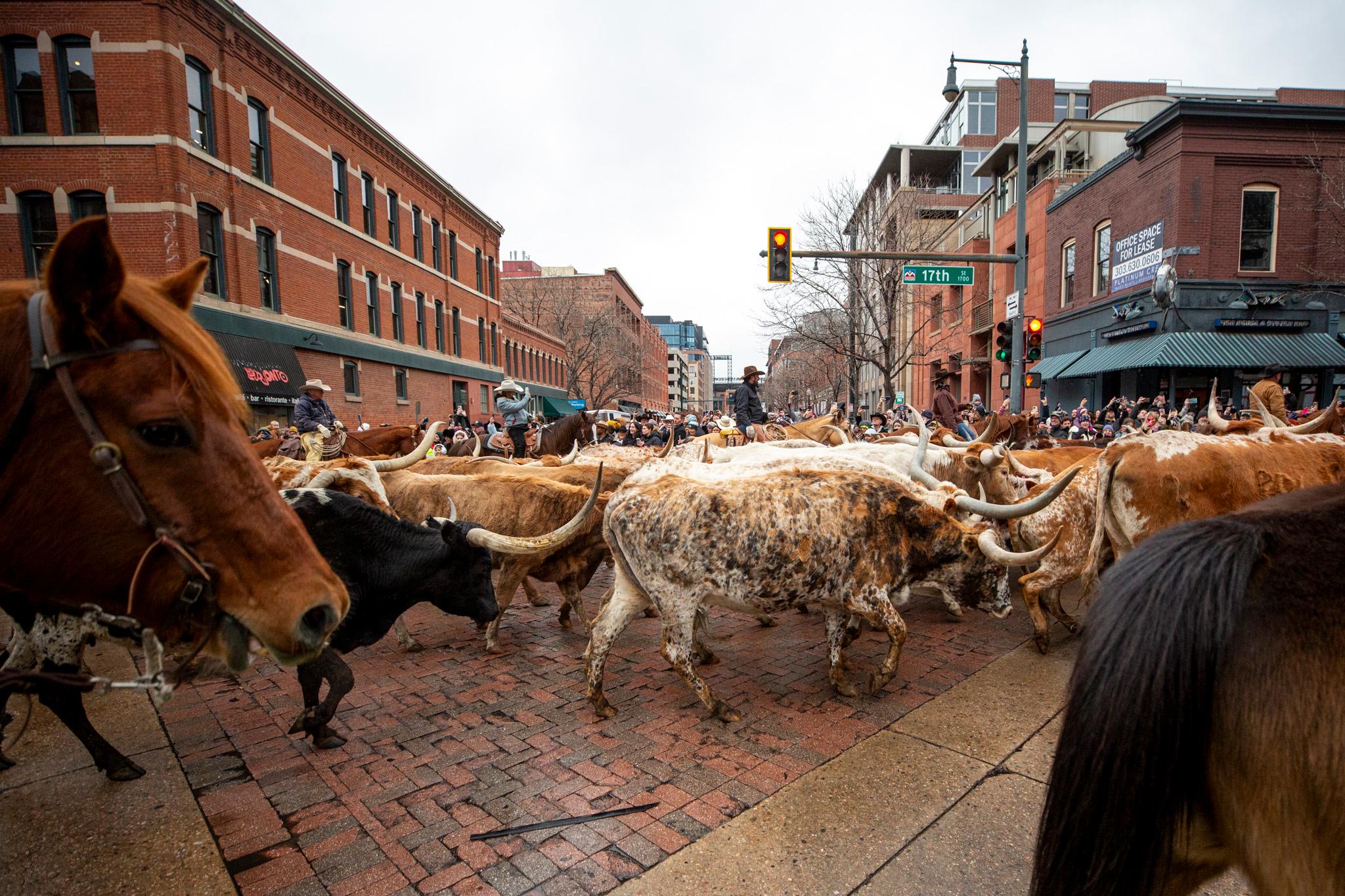Last year, some Denver civic engagement groups built "This Machine Has a Soul," a wacky art installation with toy car tracks, pinball machines and a fake bus stop. Now the mayor's office has proposed putting at least $1 million leftover from the 2018 budget towards the concept that inspired that weird art display.
The proposed program -- and strange art -- deal with participatory budgeting, a concept where citizens decide how to manage all or part of a city's budget. The idea has been implemented in a few cities across the United States and elsewhere to make municipal budgets more democratic. The programs, which vary in size, allow citizens to decide how some of their tax dollars are spent directly, without intermediaries.
"It's actual decision making power. It's not just people giving their opinions," said Evan Weissman, the founder of Warm Cookies of the Revolution, a civic engagement group that led the "This Machine Has a Soul" project. "This gives people the power to actually fuck something up."
Weissman and Warm Cookies worked to promote participatory budgeting for several years before launching "This Machine Has a Soul." While the art display was the most public part of the project, it also included two pilot projects that let communities manage $30,000 each, one in the Cole neighborhood and one on the Auraria Campus.
Independent evaluators analyzed the Auraria process and found that it increased participation among people who did not normally engage with campus issues and tended to represent and over-represented historically marginalized communities.
Officials from the mayor's budget office said they weren't yet ready to comment on what the program would look like, but supporters of the idea say they are cautiously optimistic.
"We are really proud and excited, but we have some reservations," Weissman said. "There are ways that you can make small tweaks to take a way a lot of the power from this and we hope that doesn't happen."
While there are few details on what this program would look like, in most participatory budgeting projects its the residents that ultimately decide on the final rulebook for the process, according to Vincent Russell, a doctorate candidate at The University of Colorado and a specialist in participatory budgeting.
"I think the advantages are large and there are very few disadvantages," Russell said. "Ultimately this is a lot of opportunity here for empowering folks to have a say in their neighborhood."
The concept already has support from quite a few people in city government.
Councilwoman At-large Robin Kniech has promoted the idea since at least 2017, when she told Denverite she would support dedicating some $11 million from the city's general obligation bond funds to a program.
Councilwoman Candi CdeBaca also supports residents making direct budgeting decisions. She actually worked alongside Weissman on the art project with her student advocacy organization Project Voyce before being elected earlier this year. Now that she is on the inside, she can see even more clearly how such an initiative can help the budgeting process.
"I do the best that I can to elevate what I am hearing in the community, but we end up doing a lot that is based on complaints and on issues brought up by resident neighborhood organizations," CdeBaca said. "What this initiative tries to do is bring in the people who are left out, to bring in people who are not complaining about something."
In the long-term, CdeBaca supports making participatory budgeting a much larger part of Denver's budget. Weissman believes all of Denver's budget, both expenditures and revenue, should be subject to a resident-led process. Both hope that this is only the beginning.













